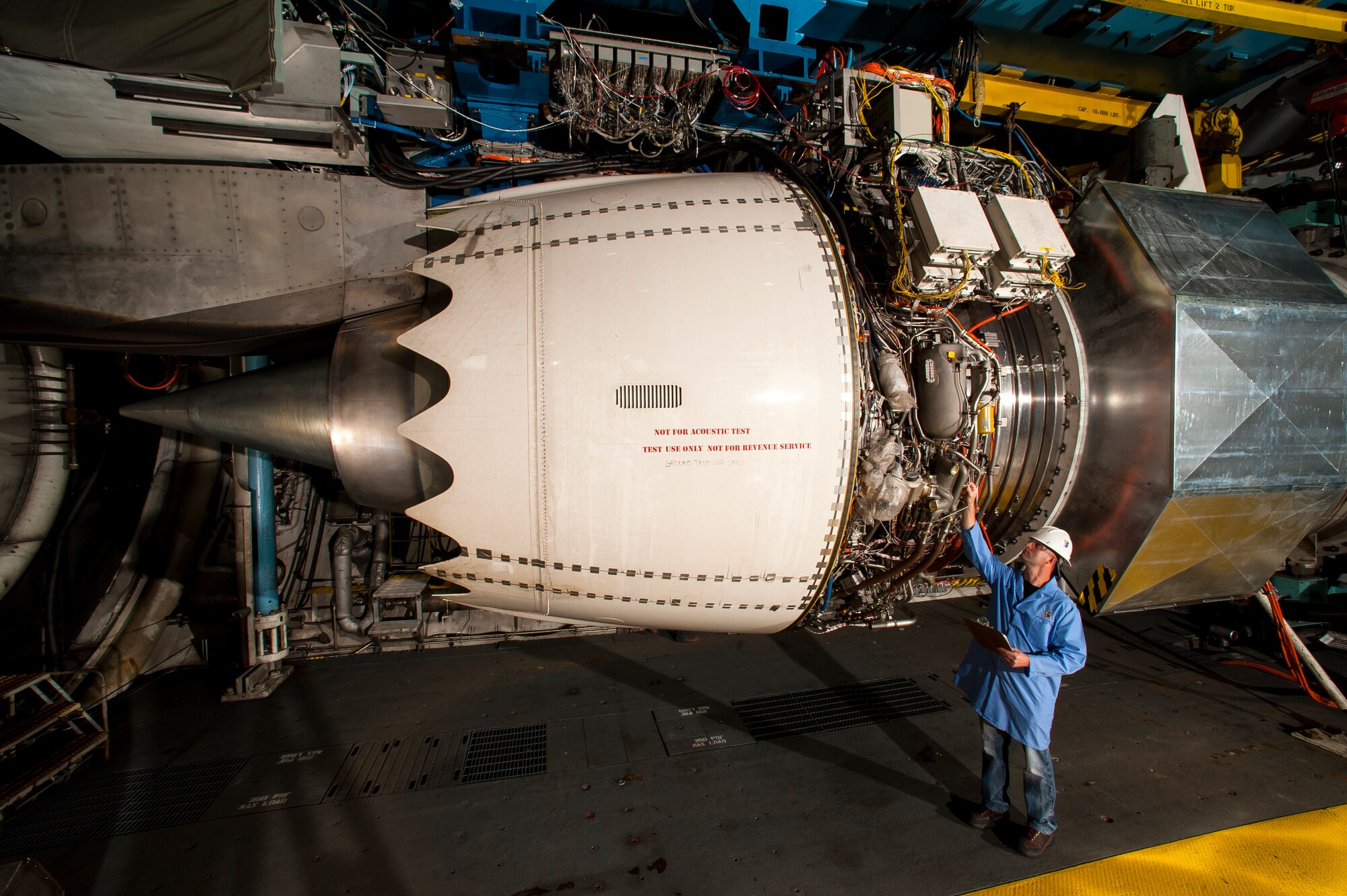EN 339 Low Pressure Compressor Testing
The EN 339 standard is a crucial document in aerospace and aviation testing. This standard specifies the requirements for the performance of low pressure compressors used in gas turbine engines. The primary aim of this test is to ensure that these compressors meet stringent reliability, efficiency, and safety standards as required by international regulations.
Low pressure compressors play a vital role in the operation of aircraft engines. They are responsible for increasing the air pressure before it enters the combustion chamber where fuel is injected and ignited. Ensuring that these compressors function correctly under various conditions is paramount to maintaining engine performance, which directly impacts flight safety and efficiency.
The test procedure involves subjecting the compressor to a series of operational scenarios designed to replicate real-world flying conditions. This includes varying altitudes, temperatures, and humidity levels. The testing process also considers the impact of different fuel types on the compressor's performance, as well as the effects of potential malfunctions or wear and tear.
Compliance with EN 339 is essential for aerospace manufacturers who want to ensure their products meet international safety standards and can be certified by regulatory bodies. The test not only verifies that the compressor meets all specified performance criteria but also provides insights into its robustness under various conditions, which aids in continuous improvement of design and manufacturing processes.
The testing process involves several key steps:
- Preparation of the specimen: Ensuring the low pressure compressor is clean and free from contaminants before being placed on test equipment.
- Calibration of instruments: All measurement devices used during the test must be calibrated to ensure accurate readings.
- Testing sequence: The compressor undergoes a series of tests, including idle speed checks, acceleration tests, and load-bearing assessments under specified conditions.
The results of these tests are meticulously documented and compared against the criteria outlined in EN 339. Any deviations from the expected performance levels can indicate areas for improvement or potential issues that need to be addressed before the compressor is used in a real engine.
By adhering to the strict requirements set forth by EN 339, manufacturers can ensure their products are reliable and meet the demands of today's stringent aviation standards. This not only enhances safety but also contributes positively to the reputation of the manufacturer within the industry.
Why Choose This Test
- Ensures Compliance: The test aligns with international standards, ensuring that your product meets all regulatory requirements.
- Increased Reliability: By subjecting the compressor to various conditions, this test helps identify potential issues early on, leading to more reliable products.
- Safety Assurance: Compliance with EN 339 is crucial for maintaining safety standards in aviation and aerospace applications.
- Expertise and Equipment: Our laboratory offers state-of-the-art facilities and expertise required for accurate testing.
The comprehensive nature of this test ensures that you get a thorough evaluation of your compressor's performance, which is invaluable for both new product development and existing model improvement. This leads to higher quality products and increased market competitiveness.
Quality and Reliability Assurance
- Consistent Results: Our laboratory ensures consistent results through strict adherence to international standards like EN 339.
- Advanced Equipment: We use advanced testing equipment that guarantees accurate measurements and reliable data.
- Expertise: Our team of experts has the knowledge and experience necessary to conduct these tests accurately and efficiently.
The rigorous nature of this test is designed not only to identify potential issues but also to provide insights into areas where improvements can be made. This continuous improvement process ensures that your products remain at the forefront of aviation technology, meeting both current and future demands.
Environmental and Sustainability Contributions
The aerospace industry is increasingly focusing on reducing its environmental impact while enhancing performance. The EN 339 test plays a crucial role in this endeavor by ensuring that low pressure compressors are as efficient as possible, thereby minimizing fuel consumption and carbon emissions.
By ensuring that the compressors operate optimally under various conditions, the test helps to reduce energy waste, which is beneficial for both the environment and cost-efficiency. Additionally, compliance with international standards like EN 339 contributes positively to a company's sustainability efforts, aligning with broader industry goals.
Manufacturers who invest in this testing not only enhance their products' performance but also contribute to a more sustainable future within the aerospace sector. This commitment to environmental responsibility is becoming increasingly important as regulatory pressures and public expectations continue to evolve.





